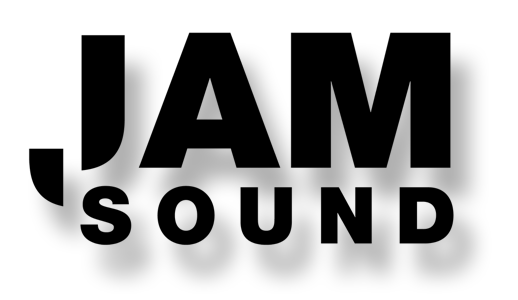Meyer Sound LEOPARD Compact Linear Line Array Loudspeaker
Beschreibung
Meyer Sound LEOPARD & LEOPARD-M80 Narrow Coverage Compact Linear Line Array Loudspeaker
The LEOPARD® compact linear line array loudspeakers reproduce audio faithfully with tremendous power, superior intelligibility, and extremely low distortion. Rounding out Meyer Sound’s award‐winning LEO® family of loudspeakers, LEOPARD loudspeakers deliver the same advantages of self‐powered design, linear response, and precise directional control as their bigger siblings, LEO‐M and LYON®.
LEOPARD, with its 110° coverage, breaks new ground in loudspeaker array performance, providing exceptional phase coherence and consistent coverage in a light, compact cabinet, making it extremely versatile. Its innovative amplifier, driver, and horn designs ensure that LEOPARD systems reproduce any sound source with linearity over a wide dynamic range, from speech and classical music to rock and EDM.
The LEOPARD‐M80 model provides exceptional phase coherence and extremely accurate and consistent 80° coverage, adding greater flexibility and accuracy to LEOPARD systems. LEOPARD‐M80 can be used wherever narrow, more controlled coverage is needed in LEOPARD arrays, such as at the top, or even as the full array in some outfill applications. Because LEOPARD‐M80 matches the acoustical characteristics and vertical coverage of LEOPARD, transition is seamless.
Both LEOPARD models are acoustically compatible to LYON and can be used for downfill at the bottom of LYON arrays, and as supplemental sidefill and outfill arrays in bigger LYON systems using the Galileo® GALAXY Network Platform’s Product Integration settings.1
LEOPARD loudspeakers offer Native Mode, a configuration optimized to yield excellent system performance right out of the box with minimal external processing. A class D amplifier affords unprecedented efficiency to LEOPARD, significantly lowering distortion while reducing power consumption and operating temperature. A single, field‐replaceable module contains the on‐board amplifier and control circuitry.
LEOPARD loudspeakers are portable and easy to configure. Their low weight and narrow profile make them well‐suited for small‐ to medium‐sized touring acts and fixed installations, where scalability and ease of rigging are essential.
For low‐frequency enhancement, LEOPARD loudspeakers pair with Meyer Sound’s 900‐LFCTM low‐frequency control element, which can be flown as part of LEOPARD arrays without transition hardware. The 900‐LFC shares with LEOPARD the advantages of excellent power‐to‐size ratio, improved efficiency, and versatility.
In addition to working as a standalone system, LEOPARD can also be used as a supplemental fill loudspeaker in LEO‐M and LYON systems. Applications that require more low‐frequency headroom can use Meyer Sound’s 1100‐LFCTM, which also integrates with LEOPARD systems.
Meyer Sound recommends driving LEOPARD systems with the Galileo GALAXY Network Platform, which provides 24 bit, 96 kHz audio, matrix routing, alignment, and processing for array components. To guarantee optimum performance, use Meyer Sound’s MAPPTM System Design Tool to design LEOPARD systems, as this tool effectively anticipates system SPL and coverage requirements, and also helps verify rigging load ratings.
LEOPARD and 900‐LFC loudspeakers work with Meyer Sound’s RMSTM remote monitoring system, which provides comprehensive monitoring of system parameters from a Mac® or Windows®‐based computer.
LEOPARD loudspeakers include Meyer Sound’s QuickFly® rigging with captive GuideALinksTM that facilitate easy setting of splay angles from 0.5° to 15°.
Meyer Sound coats the premium multi‐ply birch LEOPARD cabinets with a slightly textured black finish. Options include weather protection and custom color finishes for fixed installations and applications with specific cosmetic requirements. A range of available rigging accessories make LEOPARD loudspeakers a versatile solution for a variety of applications.
Konditionen: project@jamsound.de
